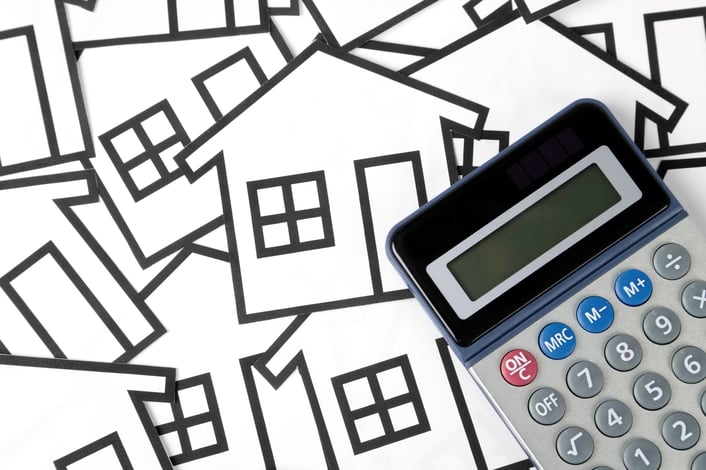
Running your own business and being self-employed needn’t mean the end of your home ownership dream. It’s true that self-employed borrowers will need to jump through a few extra hoops in the mortgage application process, but it’s not impossible. If you work for yourself and you’re looking to buy your first home or to re-mortgage your existing property, take a look at our guide to getting a mortgage when you’re self-employed.
Prove your income
Borrowers who are self-employed have the added challenge of not being able to simply present payslips from an employer to back up a loan application. Instead of the usual documentation, you’ll need to prove your ability to service a loan using bank statements, declarations from your accountant, and your financial records.
Along with two years’ accounts records (in some cases, lenders will consider one year’s account records in an application), you’ll need to show a track record of regular work, hold the necessary deposit, and have a good credit history. When lenders determine how much to lend to you, they’ll generally base their calculations on your average profit over the past two years, so keep your accounts up to date and in order, ready to present to the lender.
Get rid of debt
As with any other mortgage application, you’ll need to show that your income outweighs your expenses and that you are in a sound financial position to service the loan.
Reduce your debt by paying down your credit cards and personal loans. Also lower the credit limits on your credit cards as you reduce your debt, or cancel credit cards that are paid up in full, as lenders assess the total credit available to you, not just the amount you owe, and see this as a potential debt level.
Get advice from a finance adviser or broker on how best to structure your business and taxable income as this will impact on your ability to borrow. To boost your chances of getting a mortgage, ensure you have a squeaky clean credit record. Sort out any unpaid or late debts, and check your credit history to ensure there aren’t any errors that could damage your chances of securing a mortgage.
Lastly, ensure your taxes are in order and up to date, and always pay your tax assessments on time.
Save a deposit
Loans to self-employed borrowers may differ from standard loans in that lenders offset the extra risk they perceive by charging slightly higher interest rates or placing extra rules on loan-to-value ratios (LVR) and insurance requirements.
But, just like any other borrower, saving a decent deposit or having a chunk of equity in an existing property will greatly increase your chances of securing a mortgage. Saving for a deposit shows your ability to live within your means while saving – it’s the key to serviceability. You want to show at least six-months of high income and low expenses.
The dos and don’ts of a self-employed mortgage
• Do - Keep up-to-date records and accounts.
• Do – Consult an accountant to help you prepare your accounts and tax return.
• Do - Speak to a mortgage adviser or broker about your financing options.
• Don’t - Minimise your income for tax purposes – it will affect your chances of getting a mortgage.
• Don’t - Assume it’s impossible to get a mortgage if you’re self-employed.
Get advice from a mortgage professional
Before you apply for a mortgage, it’s a good idea to talk to a mortgage professional. When you’re self-employed, a mortgage adviser or broker is invaluable in sourcing the right finance solution. They’ll know which lenders will be open to lending to self-employed borrowers, have a clearer idea of your requirements as a self-employed borrower, and know who will offer you the best rate. Get in touch with Mortgage Express and let us help you navigate the loan market for self-employed borrowers.







